


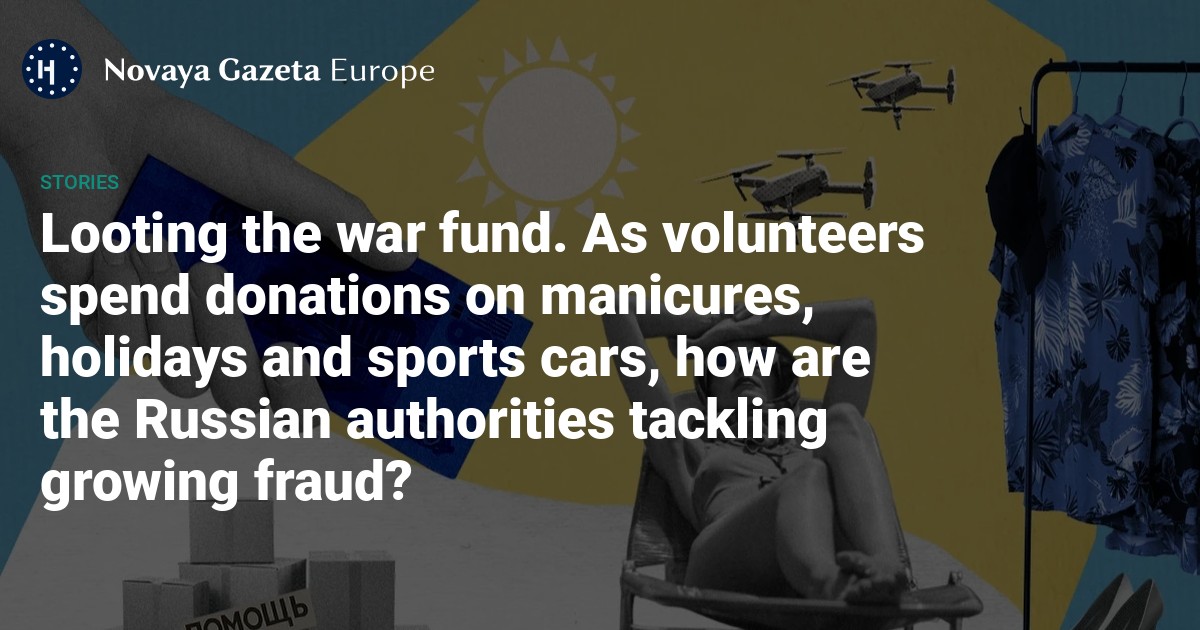
In the Russian Far East, police have cracked down on volunteers at organisations that collect donations for the Russian military. One volunteer reportedly blew funds on lavish dinners and a 20-kg cake, while another splurged on manicures, clothing and a vacation to the Russian resort city of Sochi. These arrests reflect a broader trend across Russia: the embezzlement of donations intended for Russia’s war in Ukraine. Novaya Gazeta Europe explains how the scams work, who stands to profit and the steps the authorities take to stop the fraud.
Ayyllaan Vinokurov heads the pro-war volunteer group Patriot Centre in Yakutia, in the Russian Far East. The 29-year-old last posted on social media on 7 October 2024, when he wished Vladimir Putin a happy birthday. An earlier post read: “As of 2023, 97% of Russians trust volunteers, believing that they benefit society, while 75% want their children and grandchildren to become volunteers.”
But Vinokurov failed to live up to that trust. On 27 June, he was detained on suspicion of fraud to the tune of 5 million rubles (€54,000). Algys Petrov, the 27-year-old deputy leader of the Yakutsk City Duma who heads the local branch of the NGO Volunteers for Victory, was also detained.
Russian authorities searched the Patriot Centre, seized documents and forced several employees of the Yakutia Youth Ministry to provide witness statements. Vinokurov and Petrov are suspected of providing false financial accounts when receiving state grants that were intended to go towards youth policy development.

Ayyllaan Vinokurov. Photo: Republic of Sakha /VK
When the Patriot Youth Centre opened in Yakutsk in April, Vinokurov became the organisation’s director. Prior to that, he had headed the Yakutia Is With You! movement, which collected donations for soldiers fighting in Ukraine. But as news website Vesti Yakutia wrote, the movement had no legal status, meaning the money was transferred straight into Vinokurov’s personal bank account.
Vinokurov was also director of the Sakha Volunteer Centre, where he was in charge of disbursing multimillion-ruble grants from the Yakut government. He had negotiated six government contracts with the regional Youth Ministry for 2.7 million rubles (€29,000) since 2019, according to Rusprofile, which analyses Russian legal entities.
He announced another tender for 7.4 million rubles for the grand opening of the renovated building, which included entertainment and a 20-kg cake.
The Patriot Centre also secured government contracts. But that money didn’t always go to charity. According to news website Sakha Life, Vinokurov announced a tender in May for over 75 million rubles (€800,000) for repairs to the centre’s office in Yakutsk. Then he announced another tender for 7.4 million rubles (€80,000) for the grand opening of the renovated building, which included entertainment and a 20-kg cake.
But Vinokurov never got to taste that cake. He and Petrov were placed under house arrest.
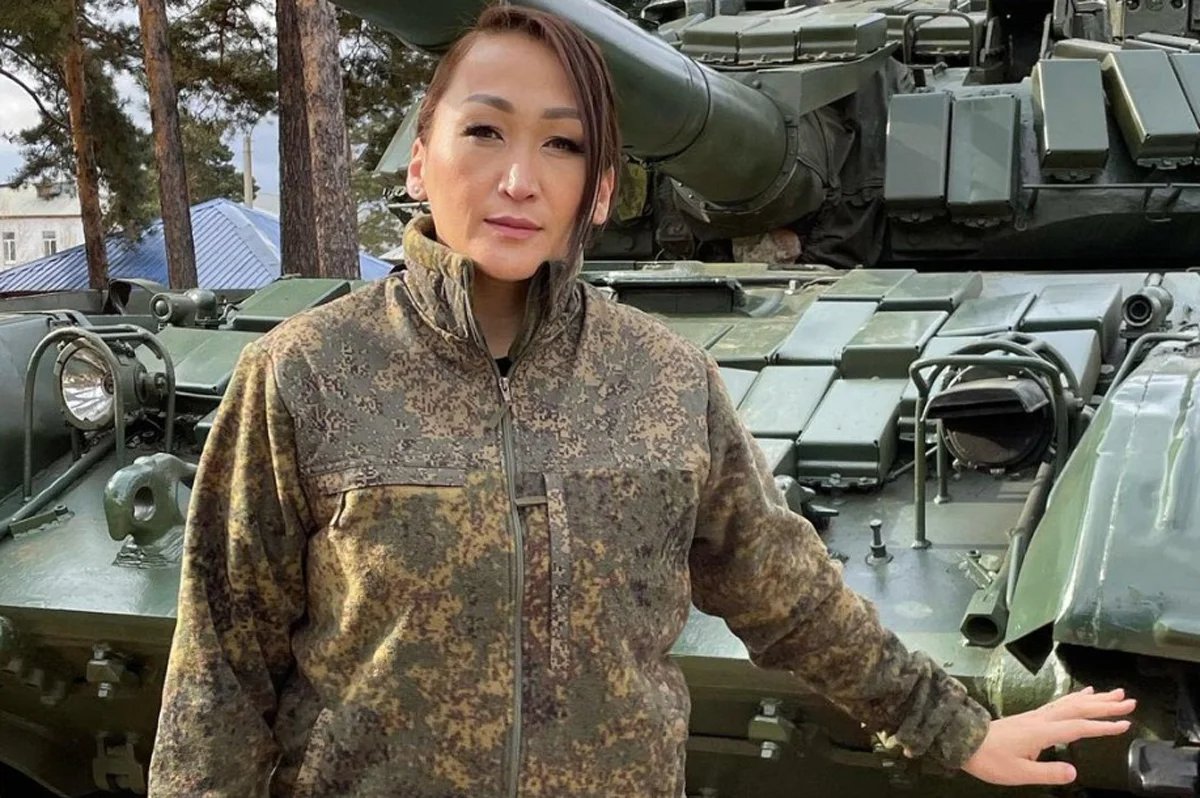
Alesya Sosina. Photo: @pryanayayakutia / Telegram
Since the start of the war in Ukraine, Russia has seen numerous scandals involving the theft of aid money. In Tyumen, in the Urals, the deputy commander of a military unit sold almost 450 pairs of boots for 2.3 million rubles (€24,800). The boots had been purchased by a public organisation and intended for soldiers fighting on the frontlines. The commander was sentenced to three years in prison for theft.
Another major scandal involved 38-year-old Yakutia resident Alesya Sosina, a volunteer who was accused of fraud for deceiving a soldier out of 1 million rubles (€10,700). In 2022 Sosina met the serviceman, who gave her his bank card and PIN so that she could pass it to his sister. After figuring out the confirmation code, she withdrew 815,000 rubles (€8,700).
Pro-war bloggers have long said the donation system was opaque, to put it mildly.
Posing as a decent volunteer, Sosina donated 300,000 rubles (€2,100) to humanitarian aid for the front. She spent the rest on restaurant meals, clothes, manicures, helping her mother and a plane ticket for a vacation in Sochi.
Pro-war bloggers have long said the donation system was opaque, to put it mildly. In 2023, a scandal erupted around a donation telethon organised by Andrey Pakulev, the host of the Hellish Roulette YouTube channel. “All the money went to support our boys and I didn’t take a penny for myself,” Pakulev claimed. He raised about 4 million rubles (€43,200) in his telethons in the summer of 2022. Later, pro-war bloggers caught him buying an expensive SUV, a house and a Porsche Cayenne.
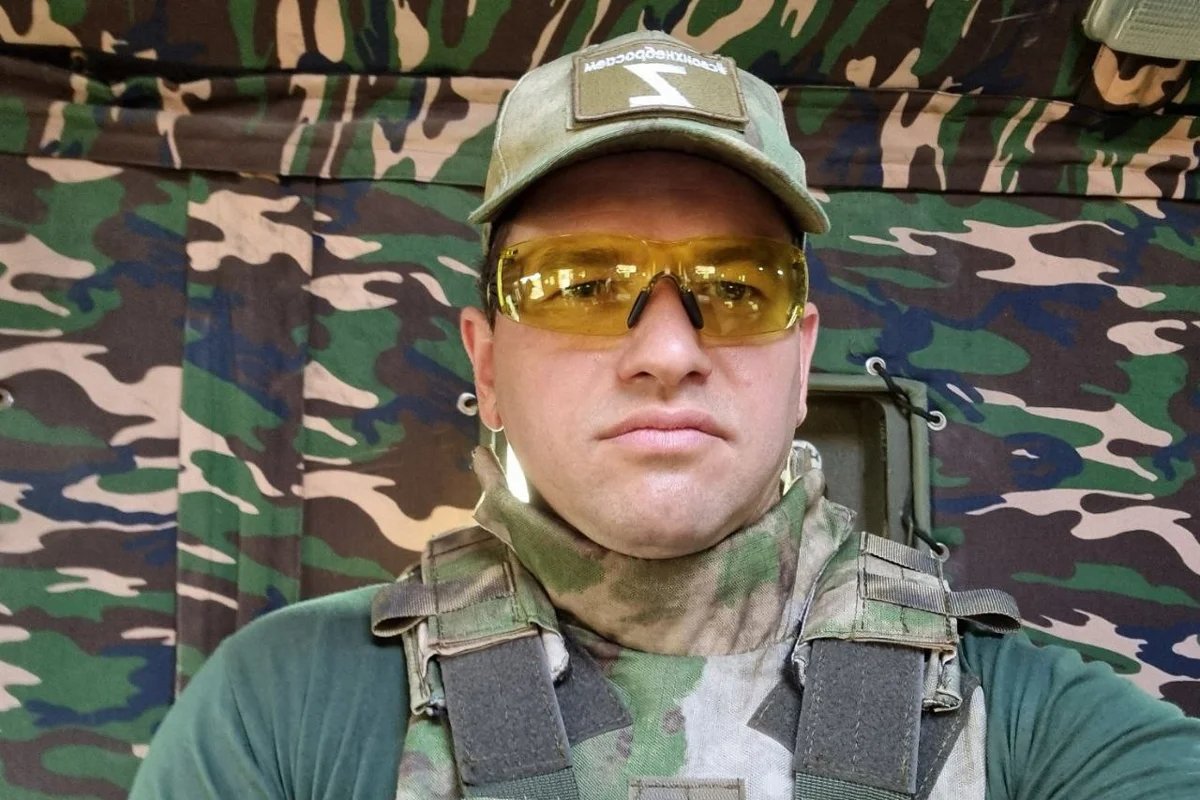
Roman Alyokhin. Photo: VK
In September 2024, pro-government journalist Anastasia Mironova revealed that pro-war blogger Roman Alyokhin and volunteer Kirill Fyodorov both spent fundraising money on themselves — Alyokhin bought an expensive sports car and Fedorov a 400,000-ruble (€4,300) watch. Fyodorov even thanked the donors.
Mironova also accused other “emergency collectors” of fraud, including a military commander. In September 2024 news emerged of the death of two servicemen, Sergey Gritsay and Dmitry Lysakovsky. Shortly before their deaths, they recorded a video message reporting that their commander Igor Puzik had sent them to the “meat grinder” for uncovering his corruption schemes. The two soldiers had accused him of drug trafficking and claimed that his wife’s Telegram channel was being used to steal humanitarian aid.
Telegram alone saw nearly as many donations as all other charities combined, according to Mironova. “I think it’s more than 2 trillion [rubles] (€21.6 billion) a year. The scale of urgent collections, the number of fundraisers, and the amounts raised have grown so large — and the fraud schemes so ruthless — that it risks becoming a national problem,” she said.
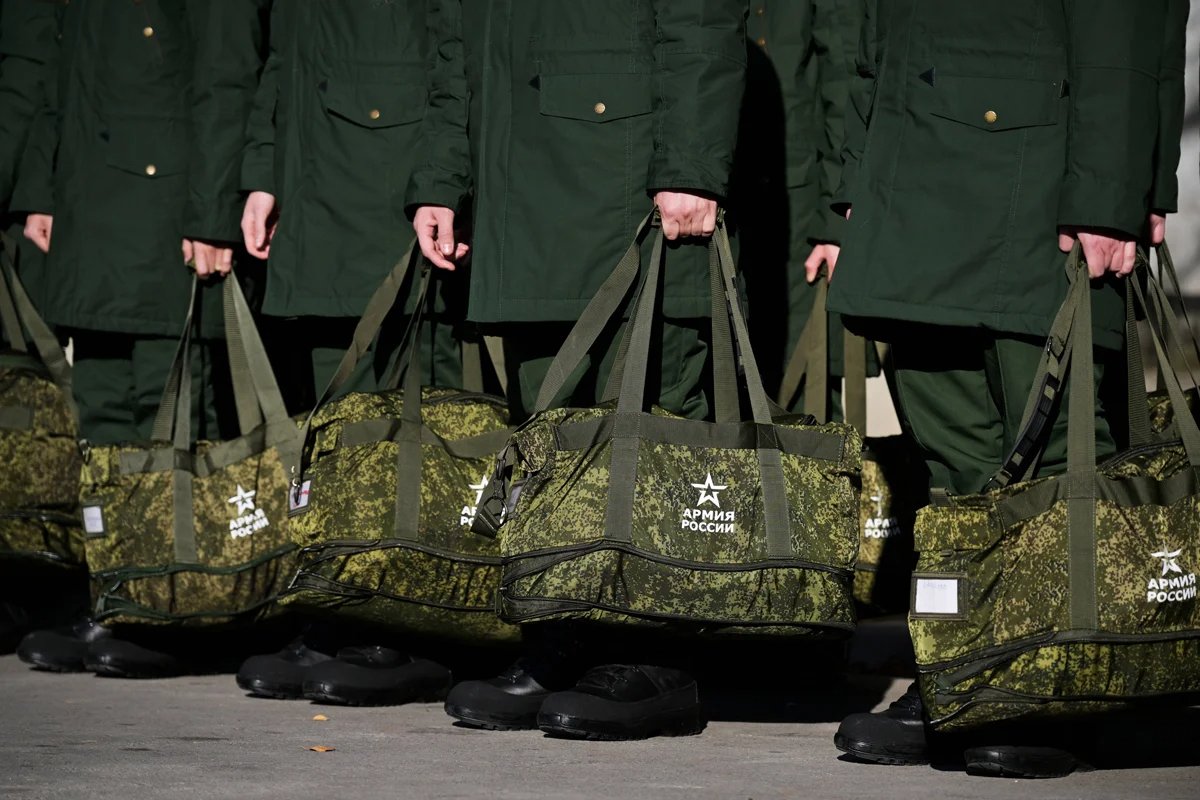
Photo: Alexander Kryazhev / Sputnik / Imago Images / SNA / Scanpix / LETA
The State Duma has only now come up with a way to monitor donations, nearly four years into the war. In May, Olga Zanko, the deputy chair of the State Duma Committee on the Development of Civil Society, called for an end to donations directly to volunteers’ personal bank accounts. Instead, she proposed opening special accounts for individuals, creating a public registry of individual fundraising organisers, and introducing simple digital reporting.
These recommendations caused a furore on pro-war public forums. Critics feared that donations would dry up completely if fundraising records were published since this would make the public aware of the numerous problems the army faces.
Military correspondent Romanov Lite did not deny that donations were often organised by fraudsters. He said that he had personally tried to register a charitable foundation, but nothing came of it. “I know of cases where outright crooks are running ‘fundraisers’. Some collectors even end up with luxury cars and property. So yes, oversight is by no means a bad idea. However, I recently looked into registering a charitable foundation aimed specifically at helping participants in the special military operation and discovered that the Justice Ministry won’t register charities with the official intention of assisting the army, since ‘the army has everything’.”
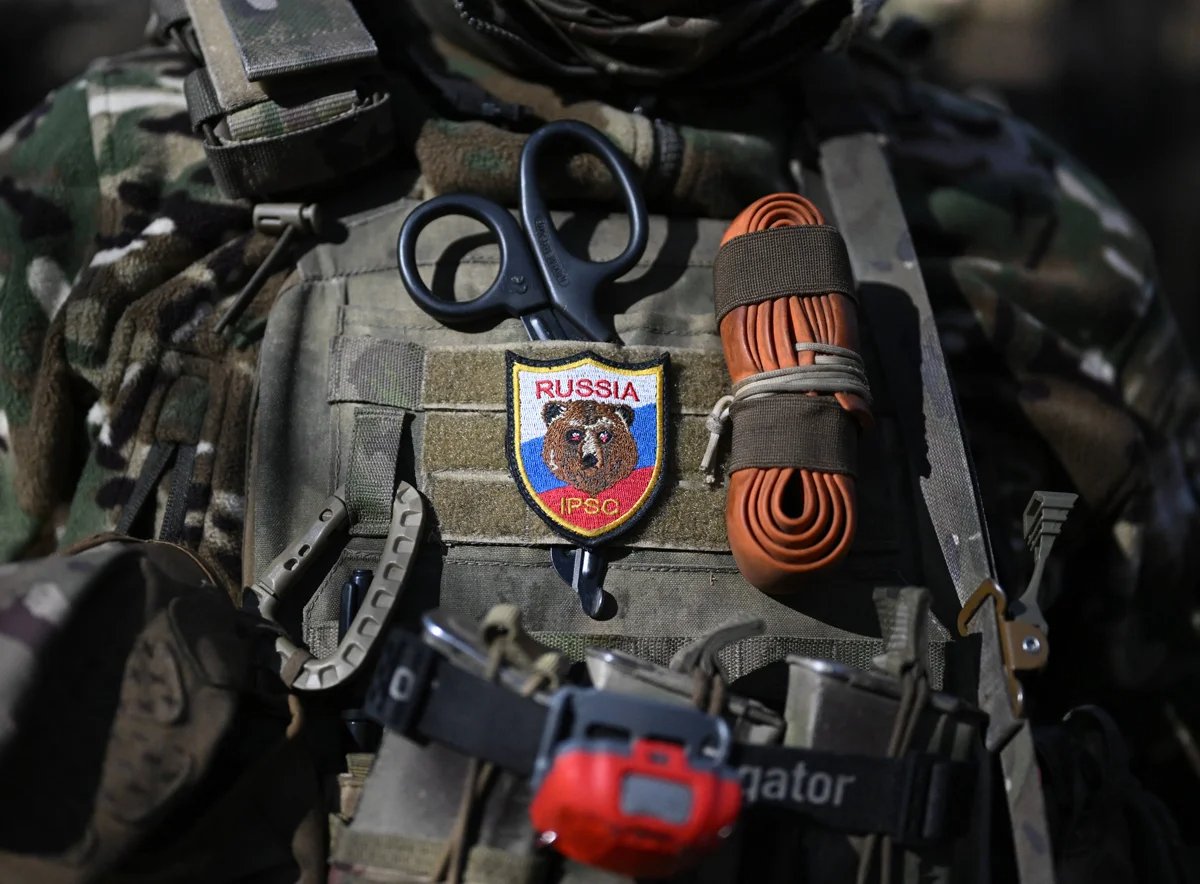
Photo: Stanislav Krasilnikov / Sputnik / Imago Images / SNA / Scanpix / LETA
Pro-war bloggers said the Russian army remains very dependent on aid from volunteers. “Efforts to streamline volunteer activities should only take place after all frontline Donetsk hospitals have enough bandages,” pro-war channel Dva Mayora wrote.
“Why should I force my subscribers and sponsors to chip in at 1.5 or two times the price so that the state can sleep easy? Maybe the state should buy everything necessary at whatever prices it sets for itself?” military correspondent Roman Saponkov wrote indignantly. But the state won’t, according to many pro-war correspondents. Saponkov studied 2022 Federal Tax Service data for the NGO Volunteers for Victory, headed by Olga Zanko, and uncovered that it spent 39.8 million rubles (€430,000) on operating costs, over half of the total donations it received that year.
While pro-war activists clash with Duma deputies online over donation monitoring, the money keeps rolling in.
“When you spend close to 40 million rubles a year on salaries for your employees, on renting offices, and so on, of course you hate volunteers who raise a measly 400,000 rubles (€4,300) for a Mavik drone or a rusty Lada Niva and go to the front on their own salaries. They’re obviously deadbeats and failures. They should be swatted like flies, so they don’t get in the way of the real men doing good deeds,” Saponkov quipped.
The pro-war community admits that scammers manage the donations and that a portion of the money donated goes towards sports cars and gold watches. Yet they still push to keep the sector unregulated, warning that oversight could stop Russians from donating to the war effort altogether. For now, while pro-war activists clash with Duma deputies online over donation monitoring, the money keeps rolling in.
The Russian government has banned independent media. We were forced to leave our country in order to keep doing our job, telling our readers about what is going on Russia, Ukraine and Europe.
We will continue fighting against warfare and dictatorship. We believe that freedom of speech is the most efficient antidote against tyranny. Support us financially to help us fight for peace and freedom.
By clicking the Support button, you agree to the processing of your personal data.
To cancel a regular donation, please write to [email protected]
VPNovaya
Help Russians and Belarusians Access the Truth
